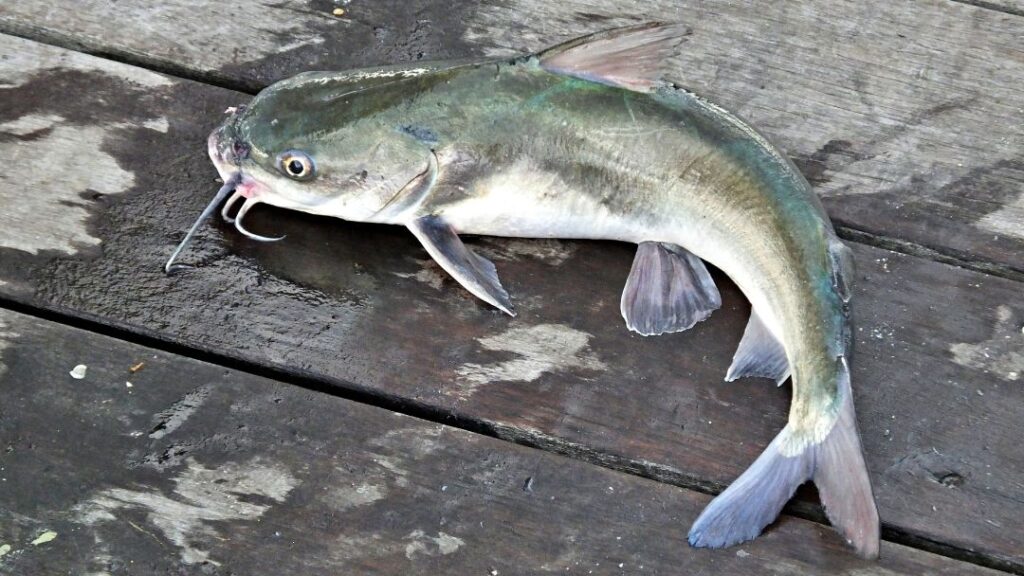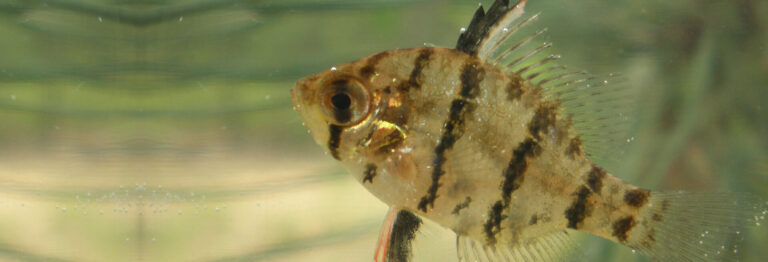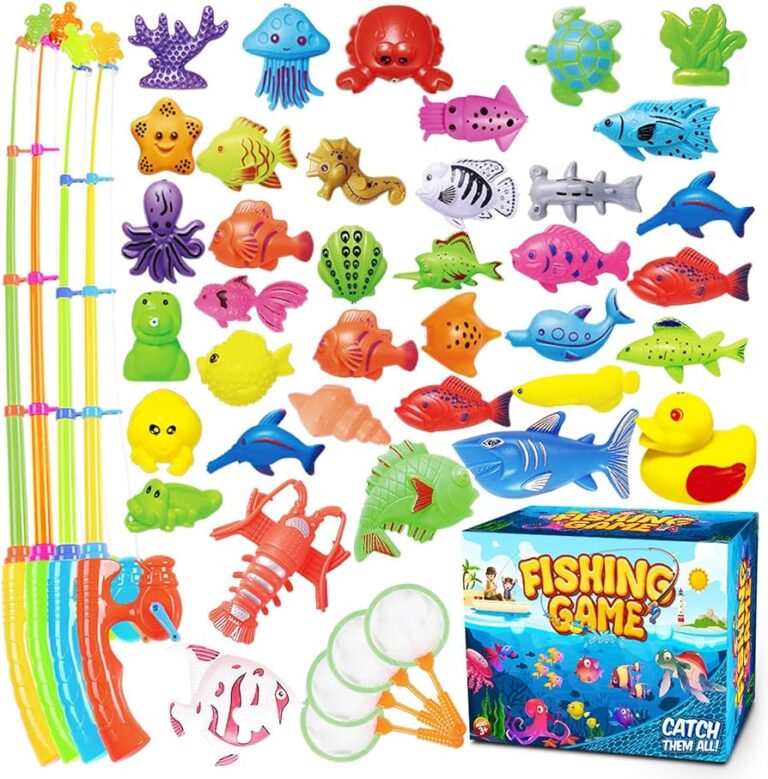Can Catfishing Be Illegal
There are around 3,000 species of catfish across 35 different families in the world. You can imagine how diversified your fishing experience can be! Besides, fishermen love to catch catfish as they are quite delectable for eating. But can catfishing be illegal?
It is legal to catch catfish in all states of the USA. However, some specific regulations and laws may vary depending on the location and circumstances of the catch. Authority may restrict or completely ban catching some specific catfish species for a particular period in a specific area for some reason.
Can Catfishing Be Illegal?
In general, it is not illegal to catch catfish. However, specific regulations and laws may vary depending on the location and circumstances of the catch.
In many places, there are laws and regulations related to fishing, including specific rules about the size and quantity of fish that can be caught.
Additionally, some areas may have restrictions on certain fishing methods or require permits or licenses for fishing.
Therefore, it is important to research and complies with local fishing regulations and laws before attempting to catch catfish or any other type of fish.
This information can typically be found on the website of the state’s fish and wildlife agency or department.

Which States Of the USA Don’t Allow Catch Catfish?
There are no U.S. states that completely prohibit catching catfish.
However, regulations regarding catfish fishing can vary by state and even by waterway.
Some states may have restrictions on the size, quantity, and species of catfish that can be caught, as well as fishing regulations and gear regulations.
Special permits or licenses may sometimes be required for catfish fishing.
It is always best to know where you plan to fish properly. You can talk with local anglers to better understand the fishing rules and regulations.
Is Catching Catfish Illegal In Some Countries?
It is not completely prohibited to catch catfish in most countries.
However, certain countries might have some rules and regulations related to catfish fishing.
Regulations on catfish fishing can be based on various factors, such as the conservation and management of catfish populations.
Introduction Of Non-native Catfish Species
It is concerned with the introduction of non-native catfish species.
Non-native catfish species can be introduced to control invasive fish species or other aquatic pests.
They are often introduced in a particular location for aquaculture purposes, such as food production or sport fishing.
Besides, introducing non-native catfish species can increase the diversity of fish species in a water body. It may enhance the ecological functioning of the ecosystem.
Protection Against Overfishing
Some countries may restrict the size and quantity of catfish that can be caught to protect populations from overfishing.
After all, overfishing weakens the resilience of fish stocks and causes the ecosystems to collapse. But why this happens?
If anglers catch too many catfish, it will create an imbalance that can erode the food web.
Fishermen might be catching potential catfish that are going lay hundreds of eggs soon.
Native Fish Protection
Some countries may prohibit or restrict the importation and introduction of non-native catfish species to protect native fish populations.
Catfish fishing can result in habitat alterations such as removing aquatic vegetation, disturbing bottom sediments, and damaging stream banks.
These habitat changes can affect the spawning, feeding, and refuge areas of other native fish species.
Besides, it may result in competition for resources. Some species of catfish are predators and can feed on other native fish, including juveniles of different species.
Bottom Feeder Catfish
Regarding public health and safety, some countries may regulate the consumption of catfish.
It involves public health and safety concerns related to the consumption of catfish.
Some of these fish may be contaminated, or diseases may be present in the fish.
For example, some species of catfish are known to be bottom feeders.
It can lead to a higher risk of contamination with pollutants and toxins as some may contain high levels of harmful chemicals like PCBs.
What Are The Rarest Catfish In The World?
The collection of catfish is huge. But some catfish species are decreasing dramatically day by day.
Here are a few rarest catfishing in the world.
01. Angel Shark Catfish
Its scientific name is Squatina squatina, which belongs to the genus Squatina.
Angel Shark Catfish are mostly found in tropical and warm temperate oceans.
But the International Union for Conservation of Nature (IUCN) listed this catfish species as critically endangered.
Most of these fish species originated from the Amazon River basin in Brazil.
Its quantity is reducing because of overfishing and habitat loss.
02. La Palma Catfish
It is another rarest catfish in the world, which scientific name is Galeichthys feliceps.
La Palma Catfish is mainly found in the La Palma River in Chile.
IUCN also listed this catfish species as critically endangered.
This type of catfish is declining gradually due to overfishing, habitat loss, and water pollution.
03. Oxydoras Niger
This catfish is also known as ripsaw catfish or cuiu cuiu.
It is mainly found in the Amazon, Essequibo, and São Francisco basins in Bolivia, Brazil, Colombia, and a few other countries.
This type of catfish prefers to live in 21-24°C temperatures.
Catfish pellets, granules, flake, frozen foods, etc., are their common feed.
04. Piebald Blue
The unique appearance of this catfish makes it one of the rarest fish species. This catfish has white skin marbled with prominent black color.
The white and black markings make them different from other catfish.
It is found in Tennessee and Mississippi coastal tributaries.
05. Leucistic Blue Catfish
Another rare catfish is the leucistic blue catfish found in the Tennessee River near downtown Chattanooga.
It originated from a very rare, recessive gene. This fish species has a rare skin condition compared to other catfish because it lacks typical pigmentation.
It has an overall pale color or patches of reduced coloring.
06. All-white catfish
This is an incredibly uncommon catfish.
A 15-year-old boy in the USA named Edwards caught this rare fish.
It has a mostly white body with some light pink areas on its fins.
Some experienced anglers commented on its physical condition as Albinism.
An absence of melanin often causes this genetic condition.
The following table shows some popular catfish and their important details.
| Catfish Species | Weight | Height | Body Color | Threats/Reasons For Decline |
|---|---|---|---|---|
| Angel Shark Catfish | Up to 10 kg | Up to 1.2 m | Greyish-brown | Overfishing, habitat loss, dam construction, pollution |
| La Palma Catfish | Up to 3 kg | Up to 0.5 m | Brownish-grey | Overfishing, habitat loss, water pollution |
| Oxydoras niger | Up to 7 kg | Up to 1.2 m | Dark brown | Overfishing, habitat loss, water pollution, dam construction |
| Pareiorhaphis Calmoni | Up to 10 kg | Up to 0.6 cm | Brownish-grey | Habitat loss, water pollution, dam construction, urbanization |
| Spotted Pimelodella | Up to 10 kg | Up to 0.4 cm | Brownish-grey | Habitat loss, water pollution, overfishing, dam construction |
Is There Any Penalty For Illegal Catfish Fishing?
Penalties for illegal catfish fishing will vary based on the location and the severity of the offense.
The followings are the common potential penalties anglers may face for violating any catfishing rules or regulations.
01. Fines
The most common penalty for illegal catfish fishing is a fine.
It can range from a few hundred to several thousand dollars, depending on the jurisdiction and the severity of the offense.
02. Confiscation Of Equipment
Authorities may confiscate fishing gear and boats used in illegal catfish fishing operations/
Confiscation of fishing equipment can include items such as fishing rods, nets, traps, boats, and other gear used in the fishing operation.
03. Imprisonment
In some cases, individuals who are caught engaging in illegal catfish fishing may face jail time,
This is more common if you have a history of repeated offenses or if your actions have caused significant harm to the environment.
04. Suspension or Revocation Of Fishing License
Individuals who are caught engaging in illegal catfish fishing may have their fishing licenses suspended or revoked
It can prevent the angler from legally fishing in the future for a particular location or location.
05. Restitution
Individuals who are found guilty of illegal catfish fishing may be required to pay restitution
It involves reimbursing the government or other affected parties for damages or losses caused by their actions.
Wrapping UP
Catching catfish is fun. But you may land into a problem if you are targeting any prohibited catfish.
Before catching any catfish from a particular location, ensure it is safe to catch them. Some places may have strict regulations to protect rare fish species or prevent overfishing.
Hopefully, you got a clear overview of the question, “Can catfishing be illegal?” Feel free to share with us if you have a bad experience.





